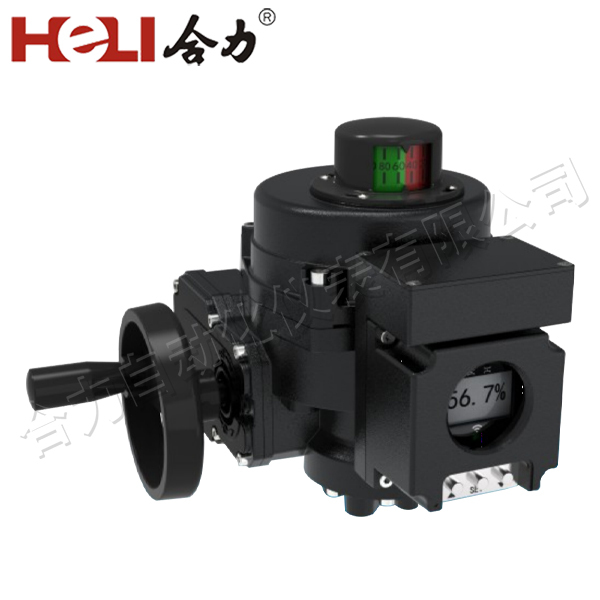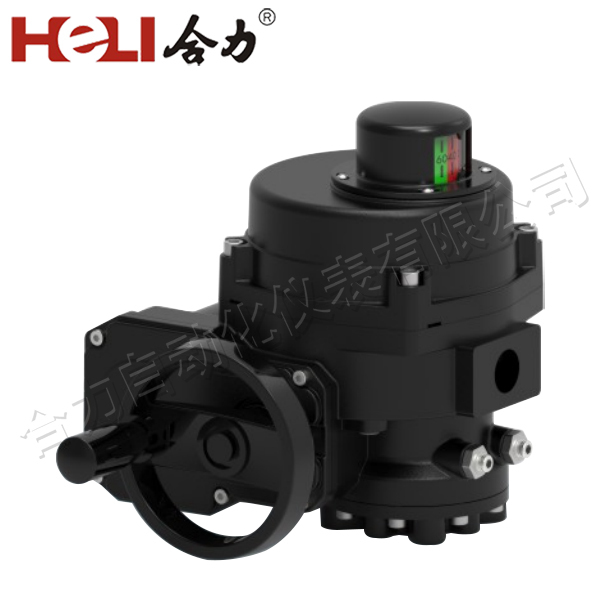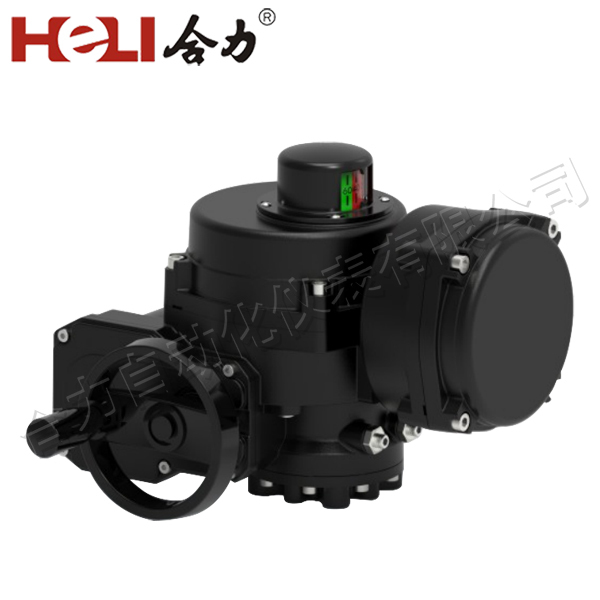The need for sustainable and clean energy solutions has become increasingly urgent, particularly in the industrial and transportation sectors. As a result, innovative technologies like hydrogen energy electric actuators are gaining attention as potential game-changers for these industries. Combining the power of hydrogen fuel cells with the precision of electric actuators, this technology promises a new era of high-performance, environmentally friendly automation. In this article, we will explore the workings, benefits, challenges, and potential applications of hydrogen energy electric actuators.

What Are Hydrogen Energy Electric Actuators?

Hydrogen energy electric actuators are mechanical devices that convert the electrical energy produced by hydrogen fuel cells into precise mechanical motion. A hydrogen fuel cell generates electricity through an electrochemical process, where hydrogen reacts with oxygen to produce water and electricity. This electricity is then used to power an electric actuator, which can create either linear or rotary motion to perform tasks in various systems. The combination of hydrogen fuel cells and electric actuators is particularly appealing for industries seeking clean, efficient, and reliable energy sources. Unlike traditional electric actuators powered by the grid or batteries, hydrogen-powered actuators do not produce harmful emissions, making them ideal for environmentally conscious applications.
